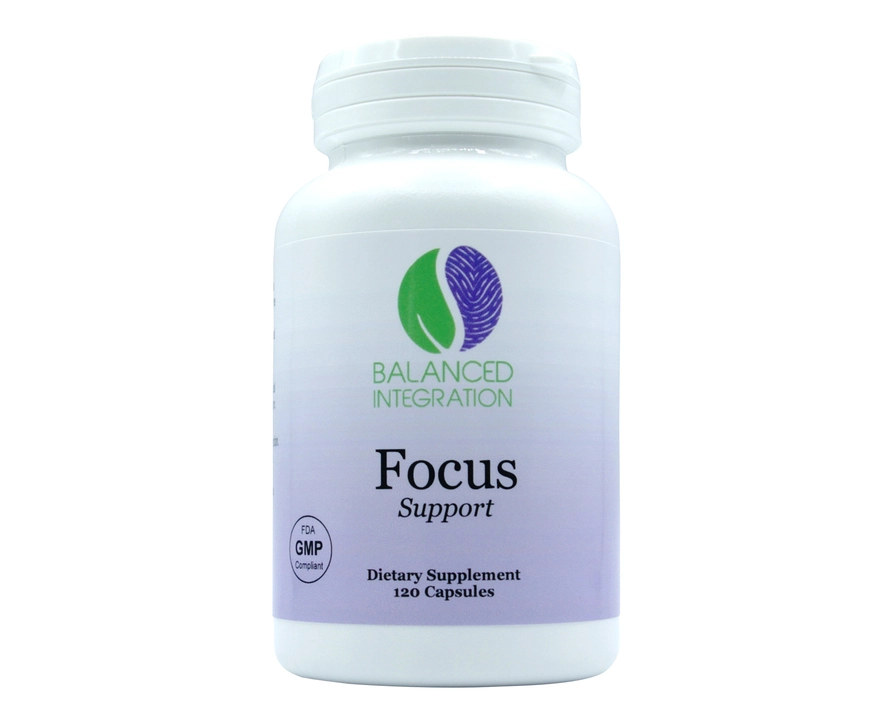Dietary Supplements: What You Need to Know
When it comes to boosting your health, dietary supplements often come into the picture. But what exactly are they, and do you really need them? At their core, dietary supplements include vitamins, minerals, herbs, and other essentials that might be missing from your diet. They’re designed to fill nutritional gaps, support wellness, or target specific concerns like energy or immune health.
Many people wonder if they should take supplements daily or just occasionally. The truth is, it depends on your diet, lifestyle, and health goals. If you eat balanced meals packed with fruits, veggies, and whole grains, you might already get most nutrients naturally. However, supplements can offer support when life gets busy or dietary restrictions limit options.
Choosing the Right Supplements for You
Picking the right dietary supplements can seem confusing with so many options out there. Focus on trusted brands that list clear ingredients and dosages. Talk to a healthcare provider before starting anything new, especially if you take medications or have health conditions. This way you can avoid unwanted interactions and pick what truly fits your needs.
Look for supplements that have undergone safety testing or third-party certification. This helps ensure you get what’s on the label without any harmful fillers. Sometimes, natural doesn’t always mean safe—some herbs can affect how medicines work.
How to Use Supplements Wisely
Supplements aren’t magic pills. They work best as part of a healthy routine including balanced eating, regular exercise, and enough sleep. For instance, vitamin D supplements might help in winter when sunlight is low, but they won’t replace the benefits of fresh air and activity outdoors.
Pay attention to recommended dosages—more isn’t always better. Taking too many vitamins, especially fat-soluble ones like A or E, can cause side effects. Stick to guidelines and keep a list of everything you're taking to share with your doctor during visits.
Finally, keep realistic expectations. Supplements can support your health, but they won’t cure diseases or replace medical treatments. Use them smartly, check in with professionals, and stay informed. That’s the best way to get the most from dietary supplements and keep yourself feeling your best.

